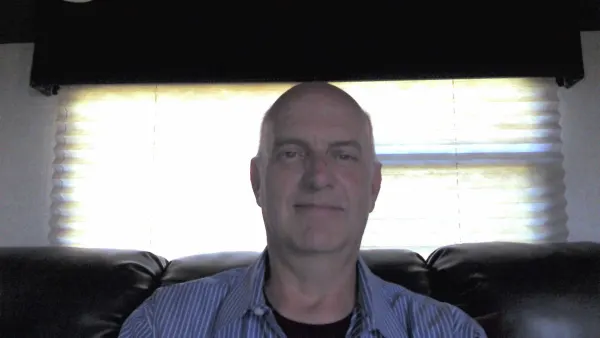Sphere College Project
About
I've been a musician, a mathematician and computer scientist, and I've been a lot of places and worked comfortably with people from all walks of life. I worked as a software engineer at Data General Corporation, I've done research at AT&T Labs in New Jersey. One of my greatest joys is figuring out how to make a seemingly difficult idea become simple and understandable---to get at the core of an idea and convey its essence clearly and effectively.
I get to work with some wonderful people. I love learning---and helping other people learn. Knowledge is power, and when people acquire new skills, they feel more powerful in the world... because they are!
I've earned four degrees from highly reputable institutions. The knowledge and skills I acquired put me on stage with some of the worlds greatest musicians. It also allowed me to collaborate with some of the finest software engineers and computer networking researchers. I've been fortunate enough to travel around the world. I want to make these experiences available to others who want to experience them.
Highlights
Photos and videos

No reviews (yet)
Frequently asked questions
What is your typical process for working with a new student?
We begin by getting to know each other a little. I'd like to get a sense of what my student's life is like, their educational environment, their interests and dislikes, and attitudes and expectations of tutoring. We will answer each other's questions before we begin to dive in.
As we go, I will assess your current skills and suggest goals---short- and long-term. We will determine how much time you can devote to your studies between sessions, and at the end of each session we will decide how your time should be spent.
What education and/or training do you have that relates to your work?
Besides my life experience as both a professional musican and a software engineer working with some of the finest professionals in the world, I have four degrees: two in music and two in computer science. They are:
Bachelor of Music, North Carolina School of the Arts, 1983
Master of Music, Eastman School of Music, 1985
Master of Science, Wake Forest University, 1994
PhD in Computer Science, Georgia Tech, 2004
My work in education has been extensive, and my students have become highly successful, both in music and in computer science. I have taught in a wide range of environments from small colleges to large universities. When I was not in higher education as a student or professor, I was working in extremely high-quality environments, both in music and computer science.
Do you have a standard pricing system for your lessons? If so, please share the details here.
I typically charge $50-$80 per hour. I can accomodate people who are experiencing financial hardships as requested.
How did you get started teaching?
I had my first music student while I was still in high school: a younger trombone player admired my playing and wanted to improve. I also had students while I was a student in college, and as I became a full-time professional. I loved teaching, and I eventually became a college professor, both in music and in computer science.
What types of students have you worked with?
I have worked with a wide range of students: master's candidates, undergraduate students at expensive private colleges, homeless people (communication workshops), musicians, computer science students, former inmates, veterans, students from other countries---I've also taught college-level courses in great works of literature and philosophy.
Describe a recent event you are fond of.
The seeds I started about a week ago for my garden have begun to sprout!
What advice would you give a student looking to hire a teacher in your area of expertise?
Try to find someone who is sensitive to your needs, will share in the joy of your successes, but will not give compliments just to keep you as a student. Seek someone who will make suggestions and who will listen to you and let you know through their actions that they understand your needs and concerns.
What questions should students think through before talking to teachers about their needs?
A student should at least have an initial idea about what kinds of goals they have. These may very well change over time to become more realistic---whether more ambitious or more modest, but having a clear direction at all times can help to focus the lessons on reaching the current goals.
At the same time, it can also be quite enjoyable to simply explore different related areas of knowledge without having a specific goal in mind. This can help keep the mind relaxed and open for understanding, incorporating new information and making connections.